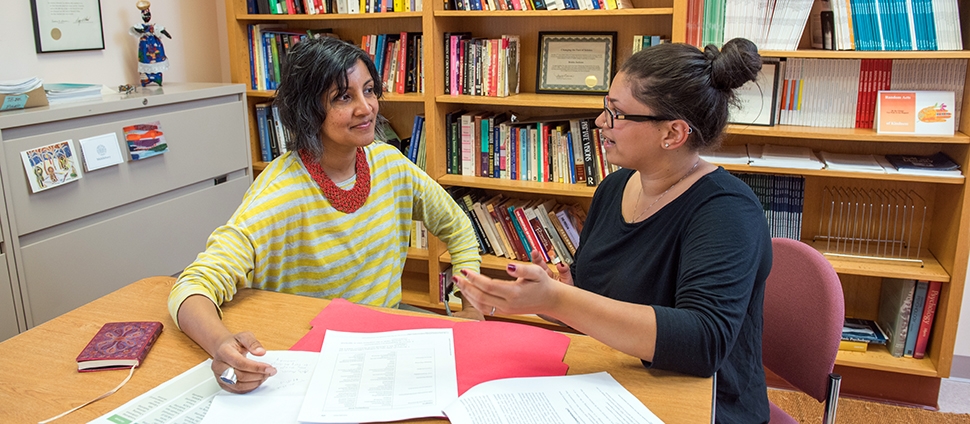Document Type
Article
Publication Date
9-1-2020
Publication Title
Child Development
Abstract
Extracurricular groups can promote healthy development, yet the literature has given limited attention to indirect associations between extracurricular involvement and mental health or to sexual and gender minority youth. Among 580 youth (Mage = 15.59, range = 10–20 years) and adult advisors in 38 Gender-Sexuality Alliances (GSAs), multilevel structural equation models showed that greater engagement in GSAs over the school year predicted increased perceived peer validation, self-efficacy to promote social justice, and hope (baseline adjusted). Through increased hope, greater engagement indirectly predicted reduced depressive and anxiety symptoms at the year’s end (baseline adjusted). GSAs whose members had more mental health discussions and more meetings reported reduced mental health concerns. Findings suggest how groups addressing issues of equity and justice improve members’ health.
Volume
91
Issue
5
First Page
1509
Last Page
1528
DOI
10.1111/cdev.13345
ISSN
00093920
Version
Author's Accepted Manuscript
Recommended Citation
Poteat, V. Paul; Calzo, Jerel P.; Yoshikawa, Hirokazu; Lipkin, Arthur; Ceccolini, Christopher J.; Rosenbach, Sarah B.; O’Brien, Michael D.; Marx, Robert A.; Murchison, Gabriel R.; and Burson, Esther, "Greater Engagement in Gender-Sexuality Alliances (GSAs) and GSA Characteristics Predict Youth Empowerment and Reduced Mental Health Concerns" (2020). Psychology: Faculty Publications, Smith College, Northampton, MA.
https://scholarworks.smith.edu/psy_facpubs/174


